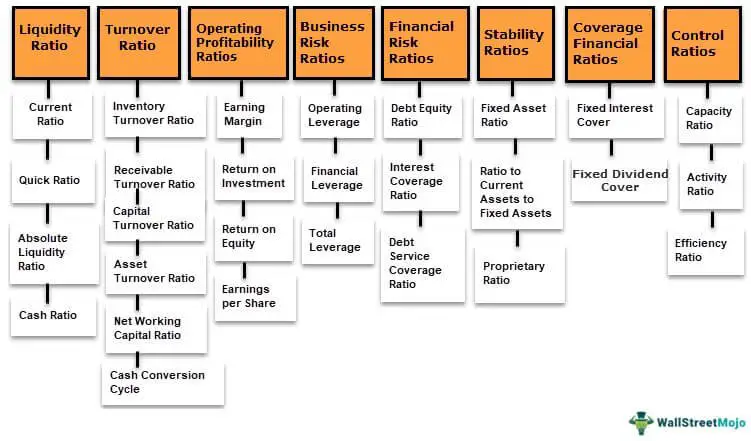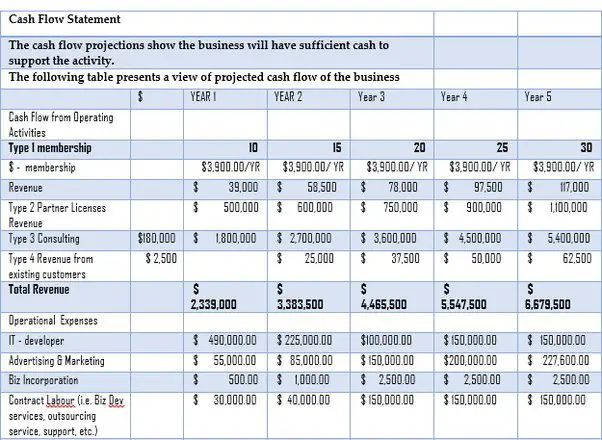Congratulations on receiving your first paycheck! It’s an exciting milestone that marks the beginning of your financial independence. But if you find yourself scratching your head when you look at the numbers, don’t worry, you’re not alone. Understanding your first paycheck can be a bit overwhelming, especially with all the deductions and lingo involved. But fear not, because I’ve got your back. In this article, I’ll share some valuable tips for understanding your first paycheck, helping you navigate through the jargon and empowering you to take control of your finances. So, let’s dive right in and demystify those digits!
Tips for Understanding Your First Paycheck
Being excited about your first paycheck is completely natural! After all, it’s a significant milestone in your life that marks the beginning of financial independence. However, understanding your first paycheck can be a little confusing, especially if you’re not familiar with all the deductions and financial jargon. This article is here to help you unravel the mysteries of your first paycheck and ensure that you have a clear understanding of your earnings. Let’s dive in!
1. Understand Your Gross Pay
Your gross pay is the total amount of money you earn before any deductions are made. It’s the number you typically see on your job offer or employment contract. It’s important to understand your gross pay because it forms the basis for calculating various deductions and benefits.
Take a look at your employment contract or payslip to find your gross pay. It may be listed as an annual salary or an hourly wage. If you’re paid on an hourly basis, multiply your hourly wage by the number of hours you worked to calculate your gross pay for that period.
2. Familiarize Yourself with Tax Withholdings
Taxes are a crucial aspect of understanding your paycheck. In most cases, your employer withholds a portion of your earnings to cover federal, state, and local income taxes. This amount is deducted before you receive your net pay.
To grasp your tax withholdings better, you need to be familiar with the following terms:
- Federal Income Tax: The tax imposed by the federal government on your earnings.
- State Income Tax: The tax imposed by your state government on your earnings (not applicable in all states).
- Social Security Tax: A tax that funds the Social Security program, which provides benefits for retirees, disabled individuals, and survivors.
- Medicare Tax: A tax that funds the Medicare program, which provides health coverage for individuals aged 65 and older.
By understanding these tax withholdings, you’ll be better prepared for tax season and have a clearer picture of how your earnings are being allocated.
3. Know Your Deductions
In addition to taxes, there may be other deductions from your paycheck. These deductions can include:
- Insurance Premiums: If your employer offers health, dental, or vision insurance, the premiums for these policies may be deducted from your paycheck.
- Retirement Contributions: If you’re enrolled in a retirement plan like a 401(k), a portion of your paycheck may be allocated towards your retirement savings.
- Union Dues: If you’re a member of a union, dues may be deducted from your paycheck.
- Other Benefits: Your employer may offer additional benefits, such as gym memberships or commuter benefits, which could be deducted from your pay.
Make sure to review your payslip thoroughly to understand the specific deductions being taken from your paycheck. This knowledge will help you budget effectively and make informed financial decisions.
4. Calculate Your Net Pay
Your net pay is the amount you receive after all deductions have been made from your gross pay. It’s the actual money that ends up in your bank account or paycheck.
Calculating your net pay can be helpful in managing your finances. To calculate your net pay, subtract the deductions from your gross pay. If you’re struggling with the math, there are various online calculators that can help you determine your net pay with ease.
5. Understand Pay Frequency
Pay frequency refers to how often you receive your paycheck. It’s essential to understand your pay frequency, whether it’s weekly, bi-weekly, semi-monthly, or monthly, as it will impact your budgeting and overall financial planning.
Different pay frequencies may require different budgeting approaches. For example, if you’re paid monthly, you may need to plan your expenses more carefully compared to someone who receives a paycheck every two weeks.
6. Learn About Leave Balances and Accruals
If you’re entitled to paid time off, understanding your leave balances and accruals is crucial. Leave balances refer to the total number of hours or days you have accumulated for vacation, sick leave, or any other type of leave provided by your employer.
Knowing your leave balances and how they accrue will help you plan your time off effectively. Check your employee handbook or discuss with your employer to understand the policies and how you can utilize your accrued leave.
7. Communicate with Your Employer or HR Department
If you have any questions or concerns regarding your paycheck, don’t hesitate to reach out to your employer or HR department. They are there to assist you and provide clarification on any financial matters related to your pay.
Whether you need help understanding a certain deduction, have questions about your tax withholdings, or want to discuss any other paycheck-related issue, professional guidance can go a long way in ensuring your peace of mind and financial well-being.
8. Plan and Budget Wisely
Understanding your first paycheck is not just about decoding numbers—it’s also about making informed financial decisions. Here are some tips to help you plan and budget wisely:
- Create a monthly budget to track your income and expenses.
- Set aside a portion of your paycheck for savings or an emergency fund.
- Avoid unnecessary debt by managing your expenses responsibly.
- Consider automating your savings and bill payments to stay on top of your financial responsibilities.
- Review your paycheck regularly to ensure accuracy and catch any potential errors.
Taking control of your finances from the beginning of your career will set you up for long-term financial success.
Understanding your first paycheck is essential in setting a strong foundation for your financial future. By familiarizing yourself with your gross pay, tax withholdings, deductions, net pay, pay frequency, leave balances, and budgeting, you empower yourself with the knowledge needed to make informed decisions about your money.
Remember, each paycheck is an opportunity to learn and grow in your financial journey. As your career progresses, you’ll become more comfortable with paycheck-related matters, but it’s always important to stay informed, ask questions, and seek guidance when needed.
FAQs
Q: Why is it important to understand my first paycheck?
A: Understanding your first paycheck helps you make informed financial decisions, budget effectively, and ensure the accuracy of your earnings.
Q: Can I negotiate the deductions on my paycheck?
A: While some deductions, like taxes, are mandatory, others may be negotiable depending on your employer’s policies. It’s always worth discussing with your employer or HR department if you have concerns about specific deductions.
Q: What if I notice an error or discrepancy on my paycheck?
A: If you notice any errors on your paycheck, such as incorrect deductions or missing hours, promptly reach out to your employer or HR department to rectify the issue. They will assist you in resolving any discrepancies.
Q: How can I maximize my net pay?
A: Maximizing your net pay involves careful budgeting, minimizing unnecessary deductions, and exploring potential tax credits or deductions you may be eligible for. Consider consulting with a financial advisor to help you optimize your financial situation.
Q: What resources are available to help me understand my paycheck?
A: Your employer’s HR department, employee handbook, and online resources such as government websites or financial planning websites can provide valuable information and tools to help you understand your paycheck better.
How To Spend The Money From Your First Job
Frequently Asked Questions
Frequently Asked Questions (FAQs)
How can I understand my first paycheck?
Understanding your first paycheck can be overwhelming, but here are some tips to help you navigate through it.
What information is included in a paycheck?
A typical paycheck will contain information such as your gross earnings, deductions, net pay, and taxes withheld.
How do I calculate my gross earnings?
Your gross earnings are calculated by multiplying your hourly rate by the number of hours you worked.
What are deductions on a paycheck?
Deductions on a paycheck are amounts taken out of your gross earnings to cover taxes, insurance premiums, retirement contributions, and other withholdings.
How can I determine my net pay?
Your net pay is the amount you take home after all deductions have been subtracted from your gross earnings.
What are taxes withheld on a paycheck?
Taxes withheld on a paycheck include federal income tax, state income tax, social security tax, and Medicare tax.
Should I review my paycheck for accuracy?
Absolutely! It’s important to review your paycheck regularly to ensure that all the information, including hours worked and deductions, is accurate.
What should I do if I have questions about my paycheck?
If you have any questions or concerns about your paycheck, it’s best to reach out to your employer’s HR department or payroll representative for clarification.
Can I make changes to my paycheck deductions?
In most cases, you can make changes to your paycheck deductions by contacting your employer’s HR department and providing them with the necessary information.
Final Thoughts
Understanding your first paycheck can be both exciting and confusing. To ensure you have a clear understanding of your earnings, follow these helpful tips. First, familiarize yourself with the different components of your paycheck, such as gross pay, deductions, and net pay. Secondly, review your pay stub carefully to ensure accuracy and identify any potential errors. Finally, take the time to understand your tax withholdings and how they affect your take-home pay. By following these tips for understanding your first paycheck, you can start your new job on the right financial foot.



